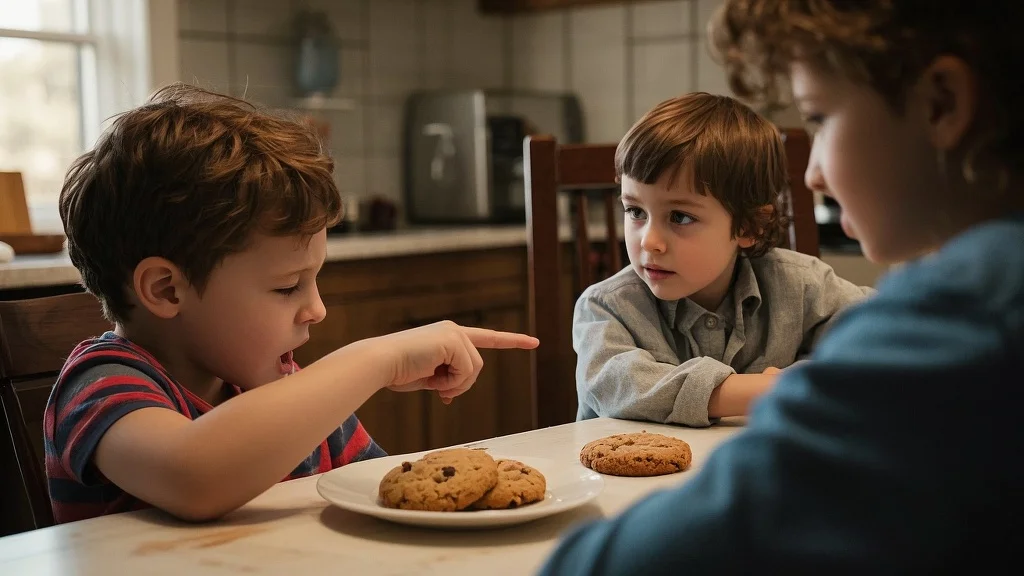Puberty starts earlier than many parents realize. Research from 2010–2012 shows that girls typically begin puberty between ages 8 and 9, while boys often begin around ages 9 and 10. Yet, this early onset often goes unnoticed—especially when the most telling signs are emotional rather than physical.
Spotting the Signs
For boys, physical changes like testicular and penile growth are gradual and often hidden, especially as they seek more privacy. For girls, breast development may be more visible but can be disguised with clothing. Yet the clearest sign of early puberty is moodiness—cue the eye rolls, slammed doors, and unpredictable emotions.
Hormonal changes can dramatically affect a child’s behavior. Girls often become more expressive—laughing, crying, and venting with greater intensity—while boys might withdraw or become more irritable. It’s important to remember that silence, eye rolls, dramatic sighs, and angry outbursts all fall within the realm of normal emotional swings.
Parents frequently ask, “Why is my 10-year-old acting like a teenager?” The answer lies in hormones. If parents are surprised by the shift, imagine how confused children must feel.
Helping Kids Through the Hormone Roller Coaster
Here are key ways to support your child through early puberty:
🧠 1. Recognize Hormonal Influence
Puberty floods the brain with estrogen, testosterone, and other hormones that impact emotions. At the start of puberty, children haven’t yet developed the tools to manage these intense feelings. Helping them understand what they’re experiencing is the first step in reducing confusion and shame.
⚖️ 2. Know the Difference Between Moodiness and Mental Health Issues
Some emotional ups and downs are completely normal. However, persistent sadness, lack of energy, sleep disruptions, or major appetite changes might signal a deeper issue. When in doubt, consult a mental health professional for support.
😌 3. Stay Calm, Even When They Don’t
Instead of reacting to sass or silence with frustration, take a breath. Pause. Responding with calm and empathy teaches your child how to self-regulate and express themselves constructively.
🤝 4. Model Imperfection and Accountability
Nobody gets it right all the time. If you overreact or say the wrong thing, apologize and reset. Showing your child that it’s okay to make mistakes—and how to fix them—builds trust and emotional resilience.
Connection Over Perfection
Helping tweens through puberty isn’t about being perfect—it’s about being real. Supporting their changing emotional landscape while showing them that adults, too, are learning and growing, creates a foundation of authentic connection.
Authors:
This article is based on insights from Cara Natterson, MD, pediatrician, and Vanessa Kroll Bennett, puberty educator. They co-authored “This Is So Awkward: Modern Puberty Explained” and co-host The Puberty Podcast. Follow them @spillingthepubertea on Instagram and TikTok for real-talk puberty support.








